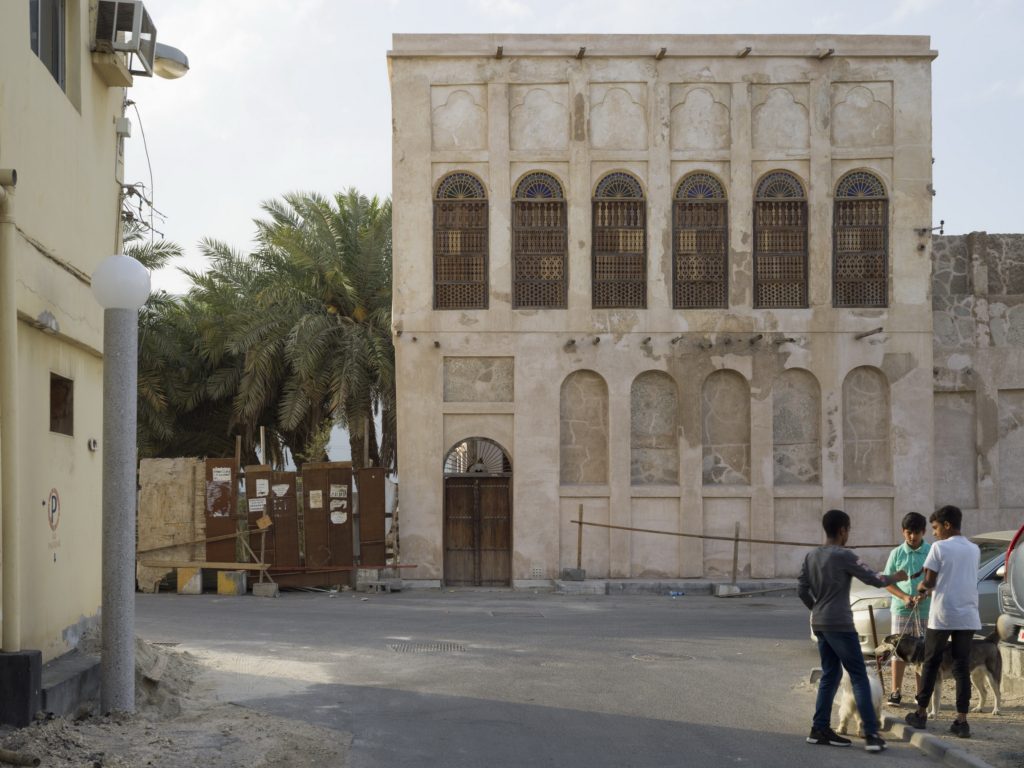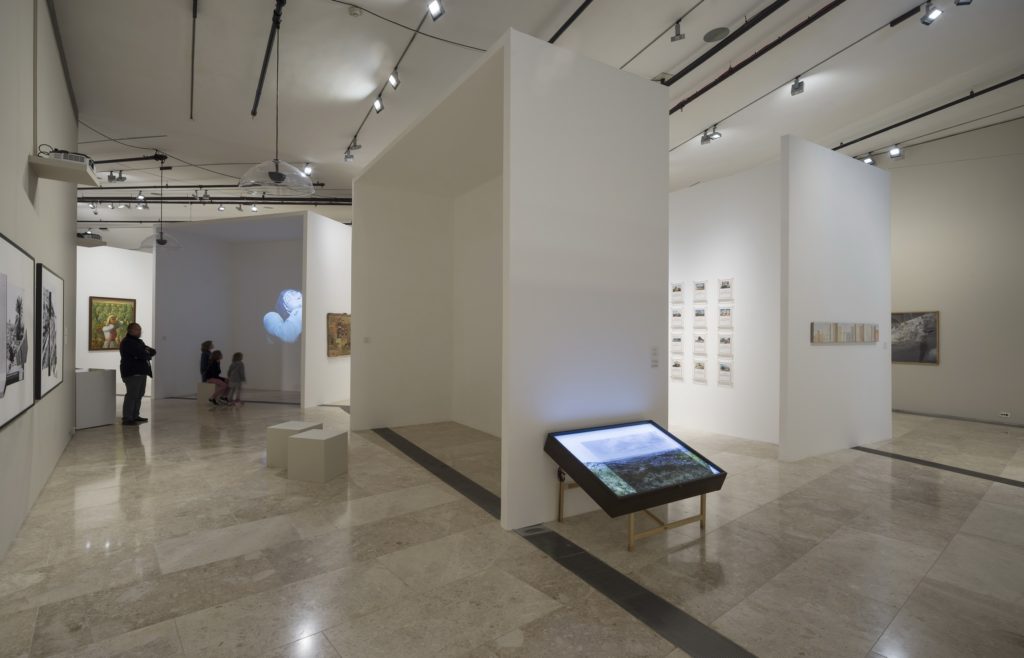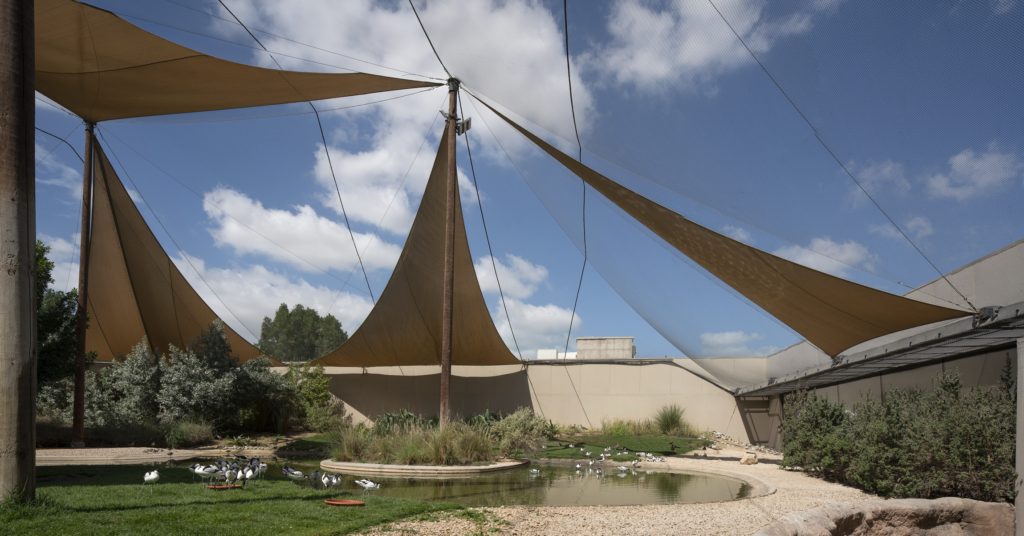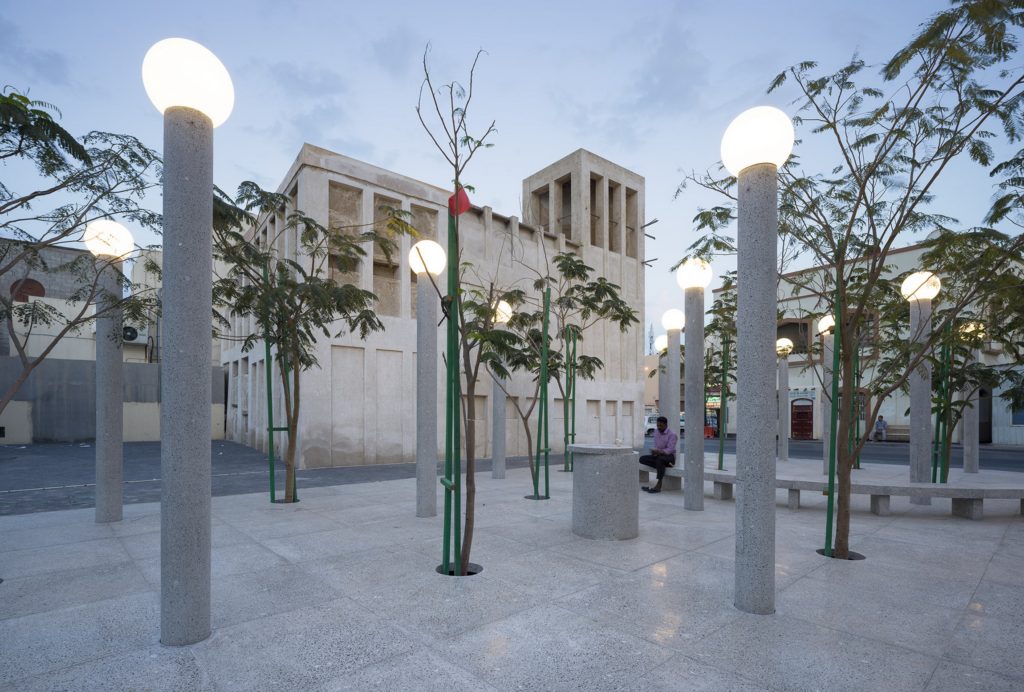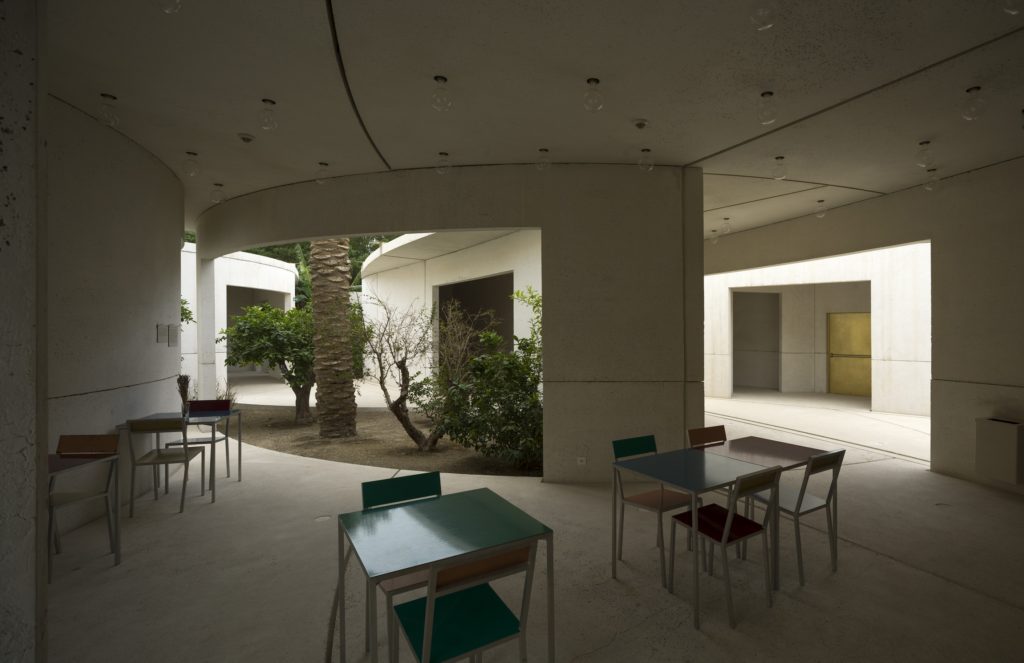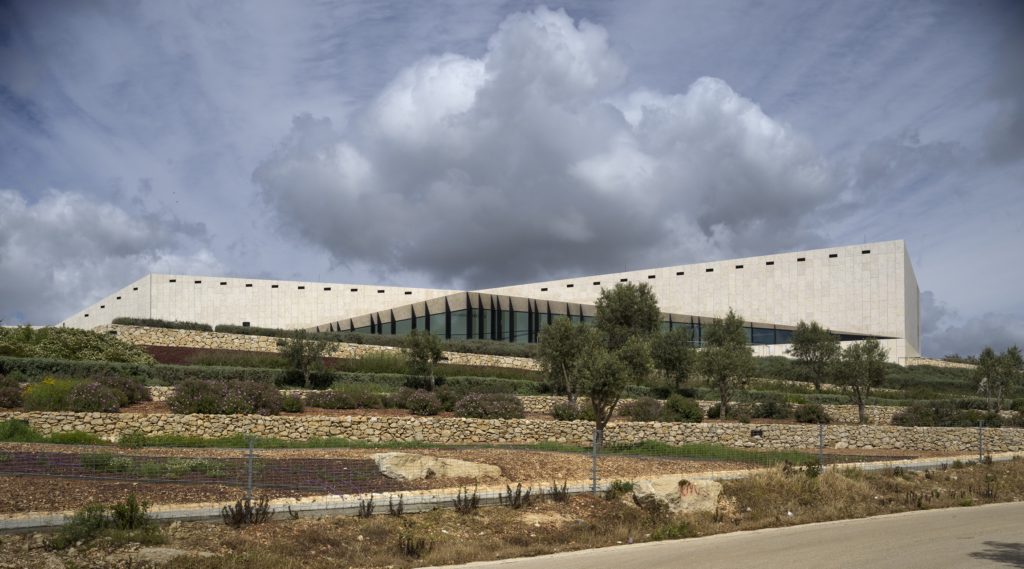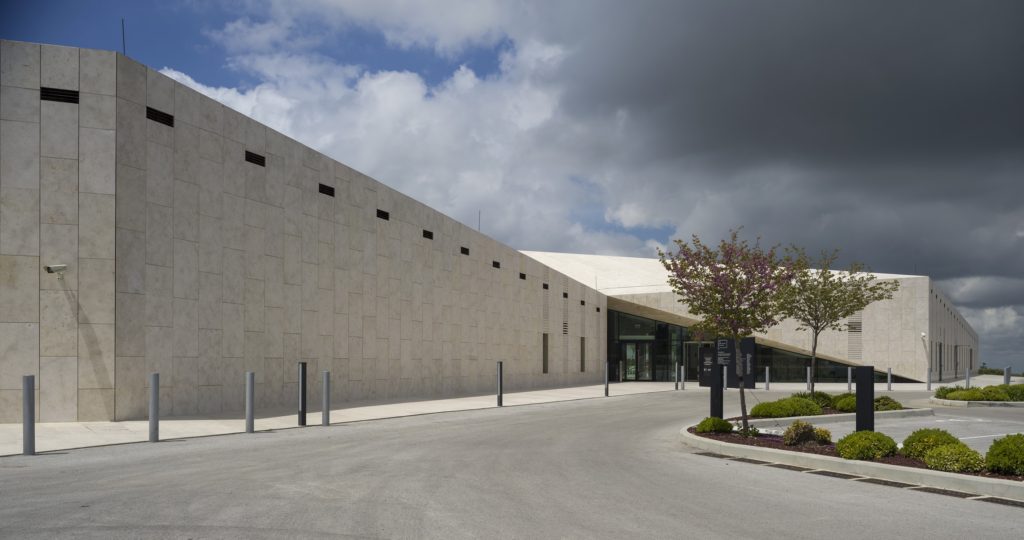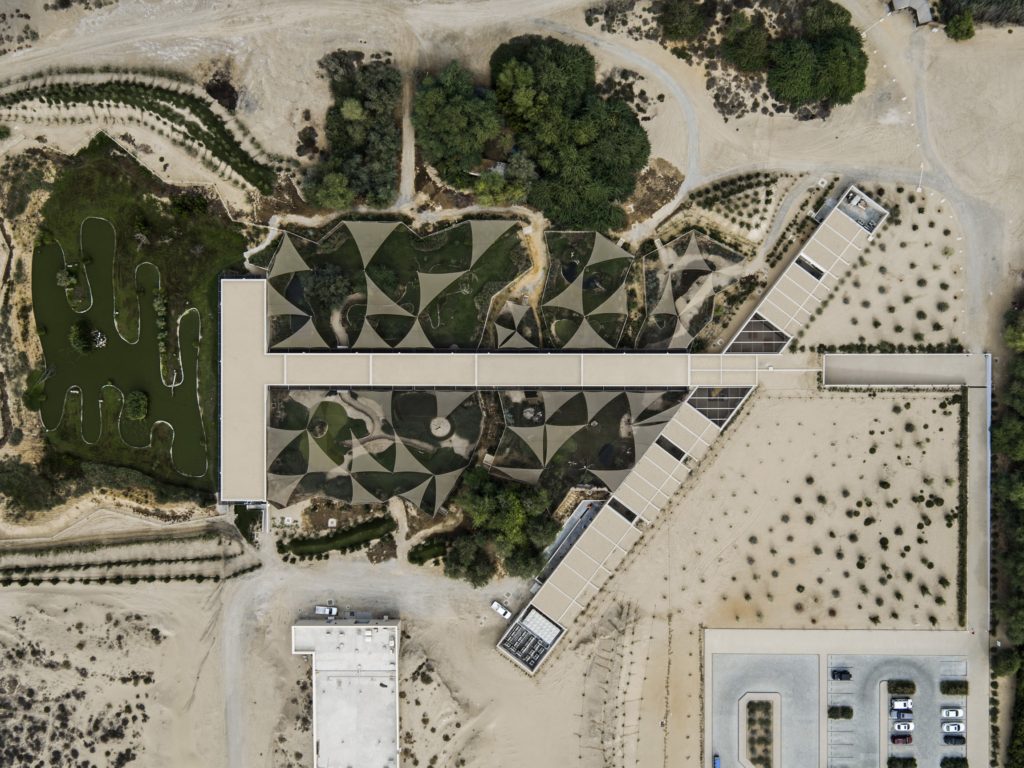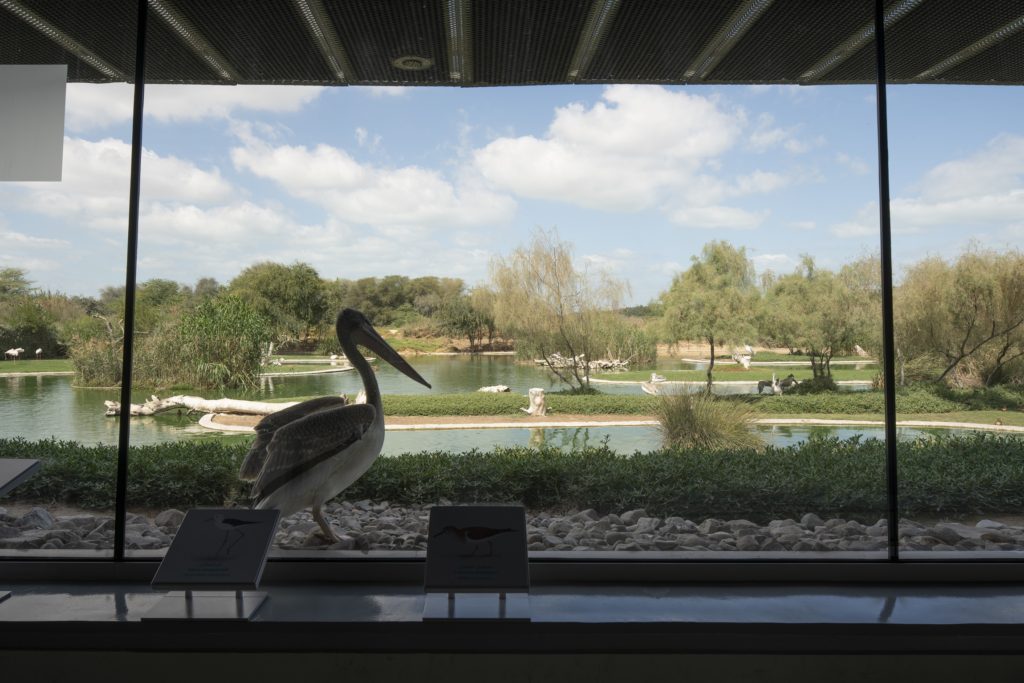Once every three years, the Aga Khan Award for Architecture is handed down to projects around the Islamic World that truly speak of dazzling brilliance. Undeniably, the 2017-2019 Cycle saw three Arab locations make it to the list of winners. In other words, out of the six awards given, half of all the awards went to Arabs.
In this cycle, twenty projects were shortlisted before the final choice was made. Out of these, a myriad of Arab sites were nominated, including Concrete at Alserkal Avenue and Al Mureijah Art Spaces at the Sharjah Art Foundation.
Starting in 1977, the Aga Khan Award recognizes buildings and projects that reflect communities with a significant Muslim population. This month, an award ceremony will be held at Kazan, Russia.
Revitalisation of Muharraq, Bahrain
Many of the Gulf States’ economies in the past were mainly dependent on the pearling industry. It was a crucial means of production to maintaining the extensive goals of the gulf, Bahrain, of course, is included.
Over the years the historic site of Muharraq was one of Bahrain’s major pearling centers, but with the rise of oil production, Muharraq declined in favor of Manama, which rose in status to become the capital of Bahrain.
In the following years, the indigenous Bahraini population abandoned the city. The revitalisation of Muharraq is one comprehensive program that aims to rebalance the city’s makeup by creating public spaces, providing community and cultural venues, and improving the overall environment.
Palestinian Museum, Palestine
The Birzeit project was built to be one of Palestine’s prominent cultural centers. It is a beacon of hope that constitutes a refuge for an endangered heritage. The museum aims to ‘foster a culture of dialogue and tolerance’.
With an environmentally-friendly construction plan, the Palestinian Museum received the LEED Gold certification, a globally recognized symbol that celebrates sustainable achievements.
The museum’s architecture is inspired by the surrounding arable landscape, linking the agricultural terrace and Palestinian heritage.
Wasit Wetland Center, the United Arab Emirates
As part of an initiative by Sharjah’s Environment and Protected Areas Agency, the Wasit Wetland Center was developed as a major wildlife hub in the United Arab Emirates.
The project included the transformation of a wasteland into a wetland to harbor the extensive biodiversity of the UAE and raise awareness about environmental education.
At the Wasit Wetland Center the indigenous ecosystem has been restored, with many visitors coming to learn more about the environment and how to protect it.


